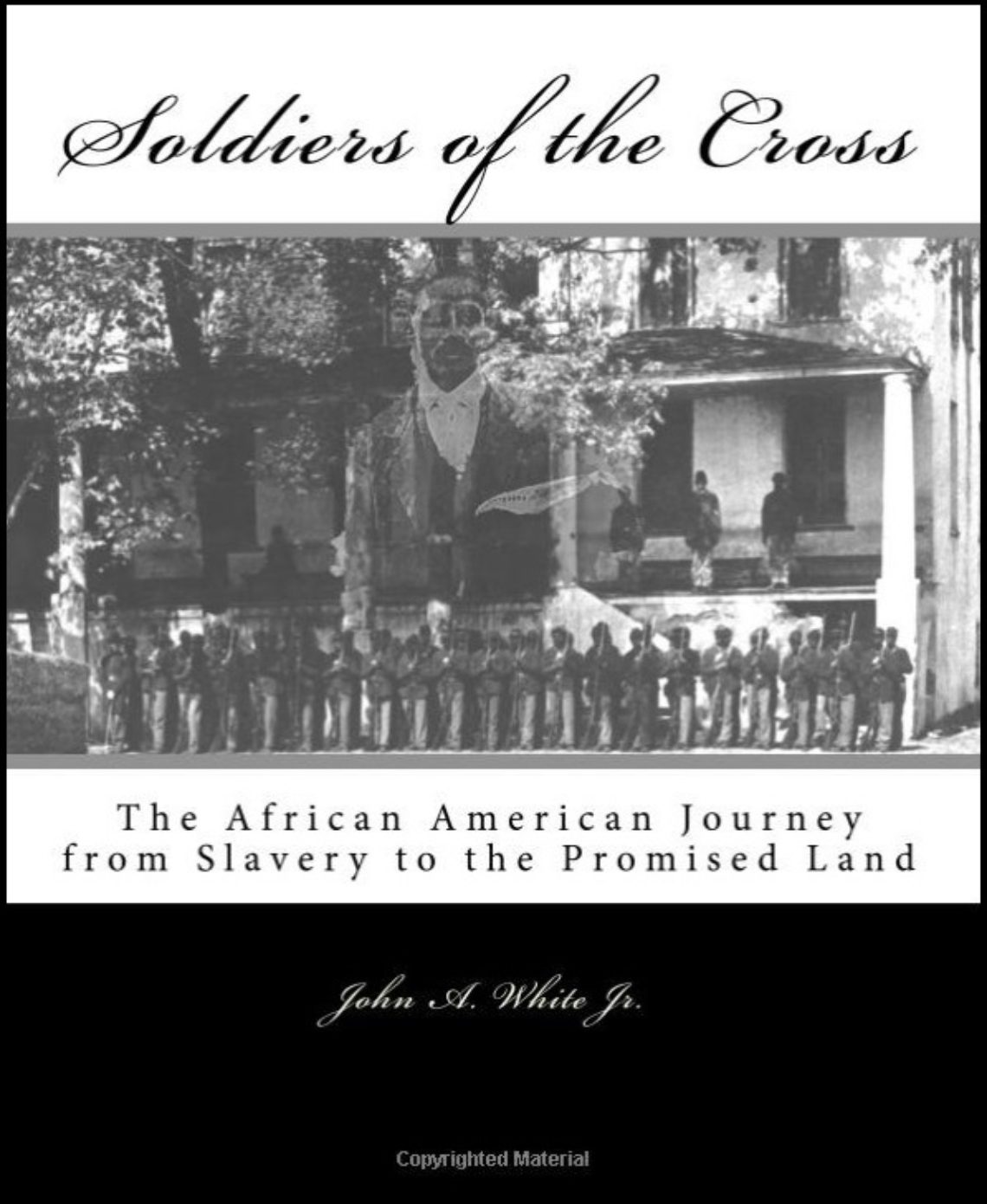
Fig. 31. Battle of Nashville, by Louis Kurz and Alexander Allison, 1893
On December 15, 1864, black troops played a decisive role in running General John Bell Hood out of Tennessee. By the end of the Civil War, Union officers were using black troops effectively. The tactic was to put them on the flank of the Union line and let them attack at the Confederate flank “double-quick.” The Confederate reaction was to over commit to stopping the black flank advancement at the expense of its opposite flank and center defenses. White troops would then attack and at times rout the Confederate defense. This scenario was played out at the battle of Nashville. By the summer of 1864, there were close to 24,000 black men stationed in Tennessee. Under Lt. Gen. George H. Thomas Black USCT regiments played a decisive roll defeating General Hood at the Battle of Nashville. On the first day of the battle two black regiments were placed on the left flank of the Union line. The two black regiments threaten the confederate right flank causing them to draw reinforcements from the Confederate left flank. The large main force of white Union soldiers overwhelmed the Confederate left flank.
On the second day, black troops again attacked the Confederates right flank at Overton Hill. Confederates stopped the charge of the black troops by over committing to their right flank weakening their center and left flank. White USCT officers ordered them to “Close up those rank…as great gaps were made in them by howitzer and grape shot guns loaded to the muzzle.” Again, the large main force of white Union soldiers routed the Confederate left flank. At the Battle of Nashville “Black units sustained 630 casualties out of 3,500 men in the victory.”[1]
Following the Battle of New Market Heights, General Butler said “in the Army of the James a negro regiment was looked upon as the safest flanking regiment that could be put in line,” Butler’s words were supported at the Battle of Nashville.
The following slave narrative was given by a former black Civil War soldier who fought at the battle of Nashville. Note that his name is “Anonymous.” This is one of two anonymous slave narrative that I found in Bullwhip Days. The southern establishment would have found his narrative to be very disturbing, since Confederate Civil War soldiers were still idolized when the book was originally published in the 1930s. At the time of his narrative, blacks were subjected to racism in the South, so he may have had his name removed for fear of reprisal.
“When I went to the War, I was turning seventeen. I was in the Battle of Nashville, when we whipped old General Hood. I went to see my mistress on my furlough, and she was glad to see me. She said, ‘You remember when you were sick and had to bring you to the house and nurse you?” And I told her, “Yes m, I remember. ” And she said, “And now, you are fighting me?” I said, “No’m, I ain’t fighting you. I’m fighting to get free.”[2]
Anonymous
[1] Glatthaar, Forged in Battle, 167.
[2] Anonymous, Bullwhip Days, 339.

